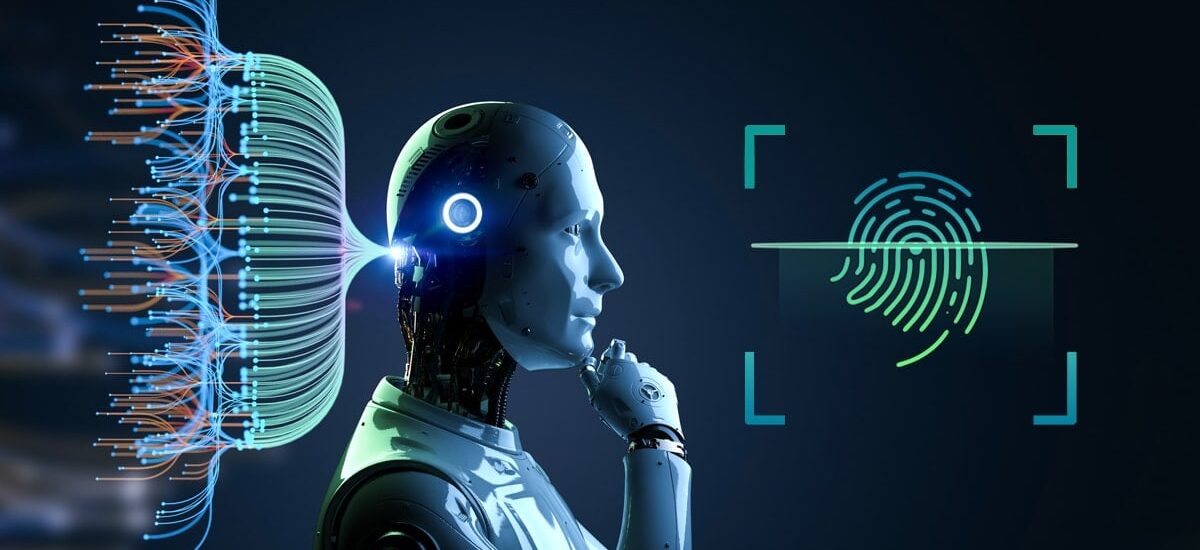Artificial Intelligence (AI) refers to the development of computer systems that can perform tasks that typically require human intelligence. These tasks include learning, reasoning, problem-solving, perception, understanding natural language, and speech recognition. The goal of AI is to create machines that can simulate human cognitive processes and perform tasks that would normally require human intelligence.
AI can be broadly categorized into two types:
- Narrow or Weak AI: This type of AI is designed and trained for a particular task. It excels in performing specific predefined functions, but it lacks the broad cognitive abilities of a human. Examples include virtual personal assistants, image and speech recognition systems, and recommendation algorithms.
- General or Strong AI: This is a more advanced form of AI that possesses the ability to understand, learn, and apply knowledge across different domains, similar to human intelligence. Achieving true general AI remains a long-term goal and is still largely theoretical at present.
AI applications can be further classified into various subfields, such as:
- Machine Learning (ML): A subset of AI that focuses on developing algorithms and statistical models that enable computers to improve their performance on a task through experience (learning) without being explicitly programmed.
- Natural Language Processing (NLP): Involves the interaction between computers and human languages, enabling machines to understand, interpret, and generate human-like text.
- Computer Vision: Involves enabling machines to interpret and understand visual information from the world, such as images and videos.
- Robotics: Integrates AI and machine learning to control and operate robots, allowing them to perform tasks in the physical world.
- Expert Systems: Utilize knowledge and reasoning techniques to solve specific problems, often in specialized domains where human expertise is crucial.
AI has a wide range of applications across industries, including healthcare, finance, education, transportation, and entertainment. It continues to evolve rapidly, with ongoing research and development aiming to enhance its capabilities and address ethical considerations surrounding its use.


